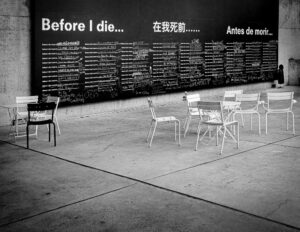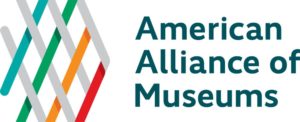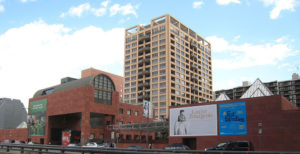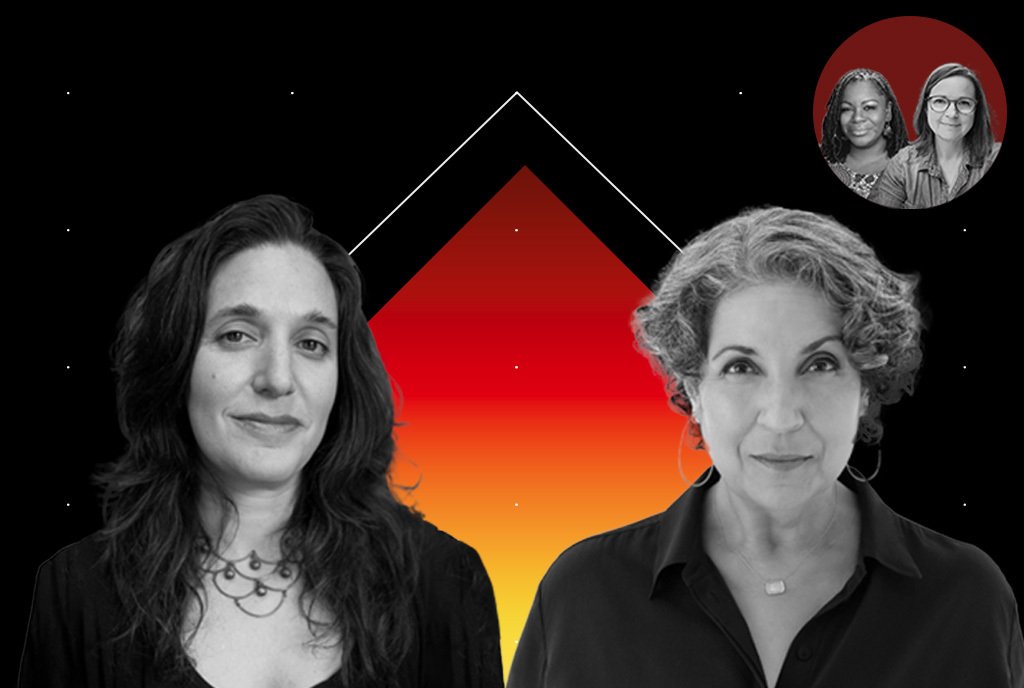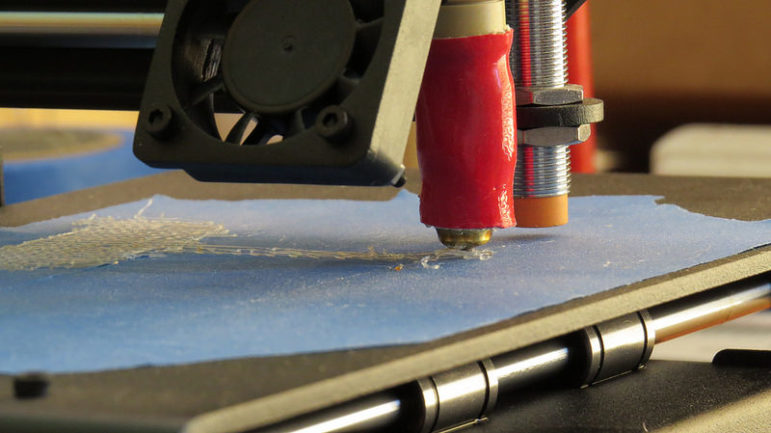
May 31, 2016; NPR, “All Tech Considered”
NPQ has previously covered the movement to include maker spaces in libraries. Today, we’re looking at Do Space, a unique nonprofit setup housed in a former Borders bookstore in Omaha, Nebraska. The location, right in the heart of Omaha at its busiest intersection, was chosen for its proximity to a transit hub, allowing for easy access via bus. And access is the point—the goal of Do Space is to offer technology at a high level to all, but especially to those who don’t have access elsewhere.
The space sees itself as a “technology library, a digital workshop, and an innovation playground.” The director, Rebecca Stavick, describes it this way: “I’ve always thought of libraries as places full of tools. Books are tools, scrolls are tools, computers are tools.”
Do Space opened last winter and is now offering its first summer programs. Membership is open to all, and is free save for the cost of printing materials. Do Space has 3-D printers, laser cutters, and powerful PCs with current software, including AutoCAD software for drafting and design. High schools students take classes in design here, and entrepreneurs use the space to run small multimedia businesses with the approval of the Omaha Public Library, which has partnered with the space but leaves it as a separate entity.
Sign up for our free newsletters
Subscribe to NPQ's newsletters to have our top stories delivered directly to your inbox.
By signing up, you agree to our privacy policy and terms of use, and to receive messages from NPQ and our partners.
What makes this space unique is the funding behind it. Seven million dollars in donations came from a coalition of Omaha philanthropists known as Heritage Services and were used to renovate the building and pay for its high-speed Internet and cutting-edge hardware. Heritage Services created a nonprofit corporation, Community Information Trust, to oversee and run the tech space.
Do Space’s partnership with OPL allows it to offer ebooks via a kiosk. Metropolitan Community College, another partnership, occupies 10,000 square feet on the second floor to offer a range of classes to meet the needs of previously underserved audiences, including older adults and job seekers. There’s a mentoring program available whereby anyone can ask for aid in learning new skills; just fill out the online form and an attempt will be made to match them with a mentor.
According to those behind the idea, the success of Do Space will be measured not just by who frequents the space, but the ways it is used. Additionally, due to its innovative aspects, some city leaders hold hopes of economic development in the immediate area surrounding Do Space.—Jeanne Allen



